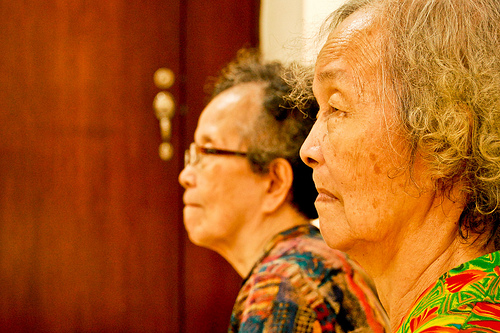Our country’s population is aging – but we’re not alone. According to a report from the World Health Organization, the proportion of the world’s population over 60 years of age will double from about 11% in 2000 to 22% in 2050, increasing from 605 million people to about 2 billion. On one hand, this is a cause for celebration. Medical advances now help us live longer, and for first world countries with the necessary elder care services, policies and infrastructures in place, resources exist to help older citizens maintain active, healthy lives.
We in the US do argue over economic issues related to elder care including the provision of health care, long-term care, Medicare and Social Security. However, it’s good to remind ourselves that we, at least, have the resources, traditions, laws and systems that (when they work) support families and protect and provide for the most vulnerable in American society. It’s not so in much of the world.
Take China, for example, and how they’re managing problems associated with caring for their aging population. On July 1, 2013, USA Today published an article, “Law Requires Chinese to Visit Their Aging Parents.” It reads in part, “Mothers and fathers aren’t the only ones urging adult children to visit their parents. China’s law books are now issuing the same imperative. New wording in the law requiring people to visit or keep in touch with their elderly parents or risk being sued came into force Monday, as China faces increasing difficulty in caring for its aging population.” The article goes on to read, “The amended law does little to change the status quo, however, because elderly parents in China already have been suing their adult children for emotional support and the new wording does not specify how often people must visit or clarify penalties for those who do not. It is primarily aimed at raising awareness of the issue, said one of the drafters, Xiao Jinming, a law professor at Shandong University.”
The American baby boom phenomenon is one of the primary causes challenging our health care and social services systems, but the “boom” also gave rise to a period of tremendous economic growth. Contrast this with China, where the rise in the elderly population is challenged by their decades old one-child policy and 3rd world socialist economy. On May 31, 2013, the Wall Street Journal published an article titled “Aging Chinese Face a Bleak Future” with a sub-heading of “High Rates of Poverty, Disability and Mental Illness Haunt Elderly, Pose Growing Economic Challenge.” The U.S. is a wealthy nation. We have the resources to take care of our population and many problems we encounter are simply a result of a lack of agreement within our political system. “But China,” reads the Wall Street Journal article, “is unique in encountering a serious problem with aging while still a poor country. Other countries are old and rich,” said Albert Park, a professor at Hong Kong University of Science and Technology and another survey leader. “China will be old at a relatively early stage in its development.”
It’s good to get a little perspective sometime.
To read the World Health Organization report, go to Global Health and Aging. Additional articles are on USA Today and The Wall Street Journal.
photo credit: Waiting for the Son to Come via photopin (license)






